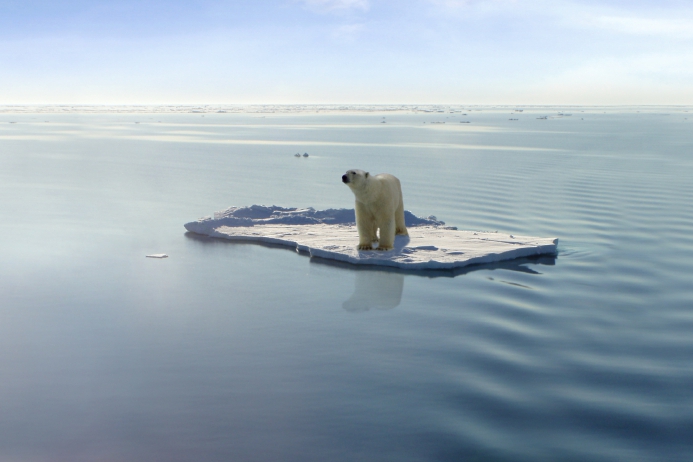
The issue of global warming will dominate the international agenda in the second half of the year. In December, representatives of all countries will gather in Paris for the UN conference on climate change, with the aim to reach a universal, legally-binding agreement that would limit the earth's temperature rise to 2 degrees.
To this end, four roadblocks must be cleared – or at least circumvented. First, sceptics must be convinced. Second, distributional issues must be addressed. Third, the free-riding problem must be solved and commitments must be delivered upon. Fourth, proper instruments must be put in place at the national level. Each is intimidating. Their addition is daunting.
There are fewer climate skeptics, in part because extreme climatic events – droughts, storms, and floods – have captured public attention. Had temperatures risen slowly and uniformly, there would still be many, because change would hardly be noticeable. But the tail risks, as statisticians name them, are increasingly visible. Opinion worldwide has woken up.
Agreement is, however, far from unanimous. In the U.S., a senior white Republican male is very likely to be a doubter, even more so if his education level is low. Whereas 87 percent of scientists in the U.S. attribute global warming to human activity, only 50 percent of U.S. citizens agree. Even many environmentalists underestimate the problem, because they focus on local, rather than global damages. Furthermore, attention to climate issues recedes when opinion focuses on other concerns such as growth or financial stability. So attitudes have changed, but the fight is not over.
Whereas warming is global, not everybody is affected in the same way. What is a curse to some – a citizen of the Maldives, where storms are having devastating consequences – is a blessing to others – someone who lives in Siberia may actually benefit from higher temperatures. Furthermore, people do not value the future in the same way. As discussed in a famous controversy between Nicholas Stern of the London School of Economics and William Nordhaus of Yale University, future outcomes are bound to be of lesser importance for people suffering from famine than for a well-off community.
Finally, climate change is related to the stock of CO2, not to the flow, which means that advanced countries have contributed to it much more than developing ones. For this reason, an onus is on them to solve a problem that they have created.
Because of their moral dimensions, these are very hard problems to solve. But the issue is less formidable to tackle than it seemed to be a few years ago. This is because catastrophic events such as droughts and floods affect poor regions disproportionately and are exerting more devastating consequences on these areas than on the rich regions, whose inhabitants are better protected from severe damage. Whereas 10 years ago climate change was sometimes derided as a rich man's concern, this is not the case anymore. Furthermore, the claim that it belongs to advanced countries to solve the problem does not pass the test of reality anymore: Should these countries suddenly stop emitting greenhouse gases altogether, the planet would continue warming. Also, rich countries have agreed – in principle at least – to contribute US$ 100 billion per year to the financing of climate efforts in the developing world.






